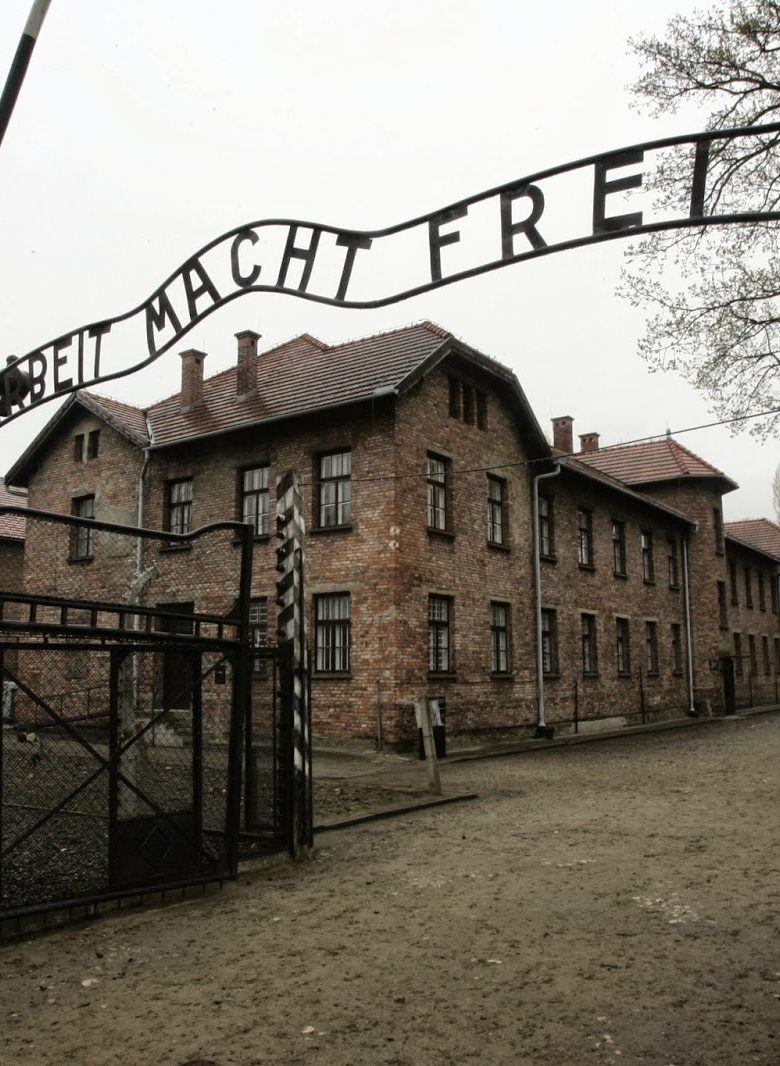
False Tzniut: Using Modesty as a Gag
July 8, 2019
Passionate Tongues
July 8, 2019
William Shakespeare in period clothing sitting in school desk with laptop computer and hand to head looking perplexed.
To purloin a sentence from Shakespeare’s Shylock, ‘I am a Jew.’
As a feminist, I have been known to proclaim, ‘I am a Jew in a woman’s body’ as I fought for the right to lead services in an Orthodox synagogue or to read from the Torah. I am a Jew— a Jew who has been known to go to Church.
I am hardly an emissary for Jews for Jesus but I have become part of an endeavour to reach out to religious communities, in churches and synagogues. Under the patronage of The Council for Christians and Jews that is what we do: a Jew pairs off with a Christian, a Christian pairs off with a Jew, and we lead each other into our various places of worship. We talk to congregations about faith, belief, text and the social parameters which underpin our observance. And we answer some tough questions.
Oddly enough, I had the quintessential Jewish upbringing, which ought to have rendered me averse to such an enterprise. Mt Scopus Memorial College for 14 years, including kindergarten, where non-Jews were simply left out of the description and the accounting of geography, history and philosophy. It wasn’t until I was 16 that I had my first anti-Semitic experience. In a restaurant, a woman eyed the (admittedly large) star of David on a gold chain around my neck, turned to her lunching partner and said, in a voice loud enough to reach me: ‘Jews, there are so many bloody Jews these days.’
‘If you don’t like it maybe you should go to Egypt or Syria and fight in their armies. They feel the same way about us as you do.’ This was just after the Six- Day War. Then I ducked and ran, breathless even before I had taken my first step.
Until then, I had been incredibly sheltered by my school and my parents from anything to do with goyim— which is derogatory in contemporary usage but, if we go back to the Torah, we see that it actually means ‘nations,’ in which definition, it is implicit that these are ‘nations of the world who are not Jewish.’
Because of the nature of this rearing, I found it enormously difficult studying literature and history at university. I had no notion of Christian metaphors and references. I couldn’t even fit the Christian narrative into any sort of timeline. This ignorance would plague me for a great deal of my undergraduate journey.
Then there was the hardest thing of all to jettison. My parents, both Holocaust survivors, used to tell me that when they walked down the street as children they were instructed to turn away from any and all Christian iconography, including priests and nuns, and spit. After what they had been through, although this, and a number of their of their other mind-sets shocked me acutely, I would not judge them.
Yet, because I was brought up by two people who were otherwise rational and humane, I became anti-religious until quite recently, and even now my faith is subservient to my rational mind. I also became apolitical. My parents had trained me to beware the raised fist of ideology.
So, as the faiths of Christians and Jews mingled in the various places of worship, a passage from the Jerusalem Talmud was thrown into sharp relief:
“When the Children of Israel perform the will of the Holy Blessed One, He searches through the entire world and sees which righteous person exists among the Nations of the World, beyond the Children of Israel. Then the Holy Blessed One brings that person, so that he or she may be attached to Israel.”
The commentary has an addendum: “When Israel angers the Holy Blessed One, He removes the righteous from among them.”
Can it be that the notion of the righteous gentile dates back to biblical times? That within our foundation narrative exists the concept of a relationship that must be fostered between them and us, between Jews and non-Jews, between the one and the other?
Conventional observance preaches that we must eat separately, drink separately, socialise separately, go to school, to sport and to worship separately. Only by keeping within the bounds of our community can we hope to maintain and keep holy the purity of Judaism.
Yet doesn’t the commentary suggest that when we live like that, when none of the righteous of the Nations of the World live among us – and translated, Nations of the World, after all, means goyim – God has in fact removed all righteousness from Israel.
Whatever you feel about Shakespeare’s Merchant of Venice, and it is a play which begs controversy, the Bard nevertheless had an acute understanding of the Jewish psyche of the time, that — like so much of his work— is still relevant today
He has Shylock say: “I will buy with you, sell with you, talk with you, walk with you, and so following; but I will not eat with you, drink with you, nor pray with you.”
How do we negotiate these fragile lines of our existence? How can we continue to be Christians and Jews, true to our faith but not exclusive? How can we, in fact, break bread together, drink wine together, share festivities together, without sacrificing our individual identities? I am not naive enough to believe that a solution is imminent. Perhaps I must simply continue going to church.



